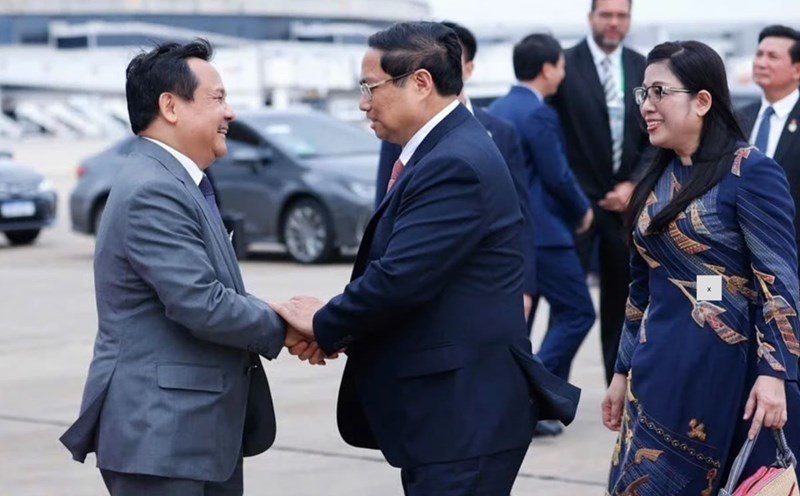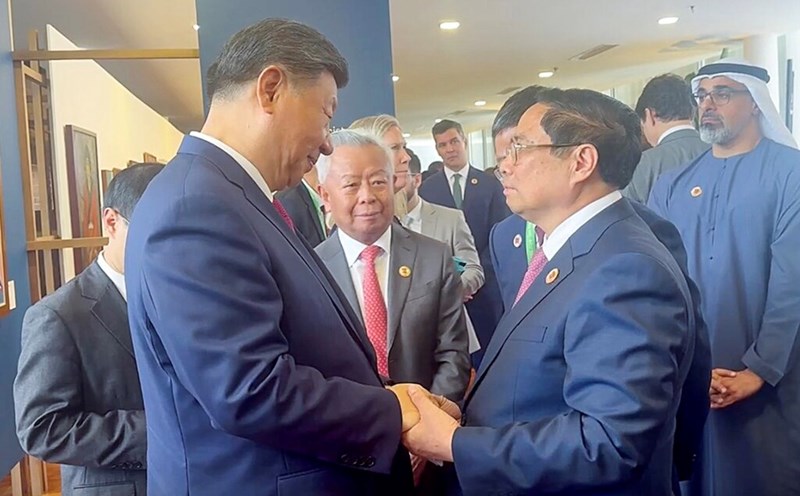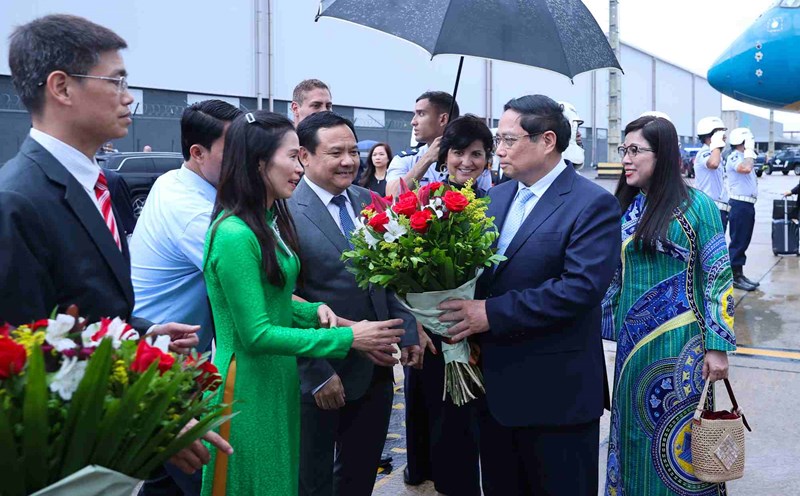Top diplomats from the world's largest economies are in Johannesburg, South Africa to attend the two-day summit held for the first time in Africa.
"The urgent thing is that the principles of the United Nations Charter, multilateralism and international law must always be the focus of all our efforts. It must be the glue that binds us together. Geopolitical tensions, rising intolerance, conflicts and war, climate change, pandemics as well as energy and food insecurity threaten the already fragile global coexistence" - South African President Cyril Ramaphosa said.
The G20, a group of 19 countries, the European Union and the African Union, are deeply divided on important issues, from the Russia-Ukraine conflict to climate change, according to AFP. World leaders are also divided on how to respond to strong policy changes from Washington since the return of US President Donald Trump.
South African President Cyril Ramaphosa said: "As a G20, we must continue to support diplomatic solutions to conflicts. I think it is important that we remember that cooperation is our greatest strength. Let's find a common voice through constructive participation."
In his opening speech, President Ramaphosa noted that a first-time African country holding the G20 presidency is an opportunity for the continent's voice to be heard on important global issues such as sustainable development, the digital economy and the transition to green energy. South Africa's priorities include finding ways to enhance resilience to climate disasters and improve public debt sustainability for developing countries. He also expressed his desire to mobilize finance for a "fair energy transition", in which countries with the greatest responsibility for climate change will support countries with the least responsibility.
The South African Foreign Ministers' Meeting is the first major meeting of the year for the G20, preparing for the group's summit scheduled for next November. The conference was attended by leading diplomats, including Russian Foreign Minister Sergei Lavrov and his counterparts from China and India as well as special delegates from Europe such as French Foreign Minister Jean-Noel Barrot and British Foreign Minister David Lammy.
US Secretary of State Marco Rubio did not attend the conference.
South African President Cyril Ramaphosa told reporters that the absence of Secretary of State Rubio was not a "serious failure" nor was it a boycott because the US still sent representatives to attend. The South African leader also hopes that the diplomatic process will "resolve problems that may arise in our relationship".
In early February, US President Donald Trump cut off aid to South Africa amid a dispute with the country over a number of issues, such as land ownership policies in South Africa and South Africa's lawsuit against Israel, a US ally, for gender-based crimes at the International Court of Justice.
On February 20, US Treasury Secretary Scott Bessent also announced that he would not attend a meeting of finance ministers and governors of the G20 central bank in Cape Town, South Africa next week. Secretary Scott Bessent said he did not attend the G20 event due to other commitments in Washington, prioritizing the United States's overriding policy during the Trump administration's tariffs on many trade partners.











